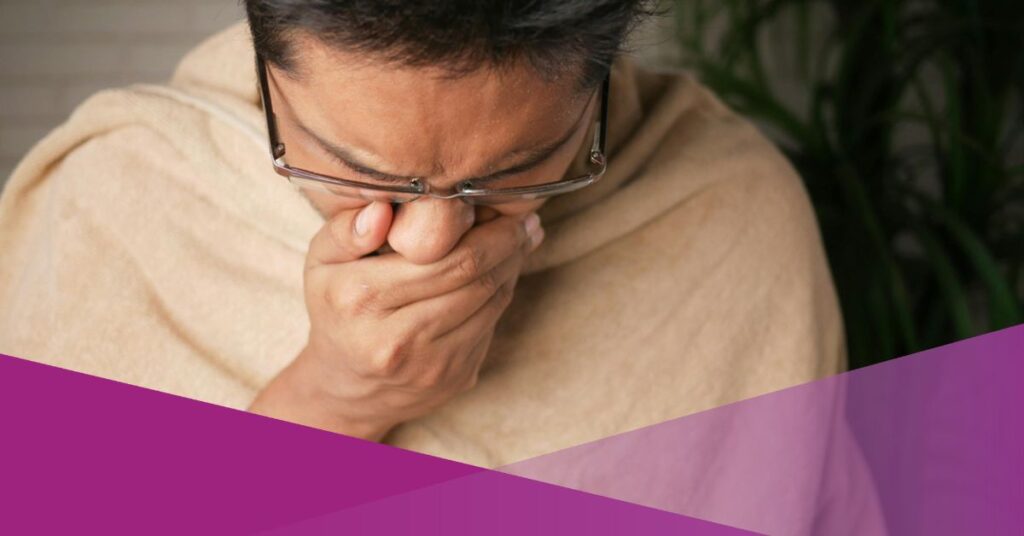Bali Belly has once again become a popular topic of conversation among tourists who have visited Bali and enjoyed the local cuisine. Many tourists experience stomach cramps due to a lack of attention to the cleanliness of the food and drinks consumed.
In addition to enjoying the beautiful coastal scenery, one of the things that certainly should not be missed while on vacation in Bali is the local cuisine.
Bali offers a variety of dishes rich in spices and herbs, all of which are delicious and definitely worth trying.
However, when consuming food that you have never eaten before, your body may need time to adapt. If your stomach is not compatible with the local food, Bali Belly can occur.
What Is Symptoms of Bali Belly?
Bali Belly is a digestive illness commonly experienced by tourists when visiting Bali. It is also known as “traveller’s diarrhoea” and typically occurs after consuming contaminated food or drinks.
The condition is often caused by viruses or bacteria that enter the body through food or water.
5 Common Causes of Bali Belly on Your Bali Holiday
The primary causes of Bali Belly are viruses, bacteria, and poor hygiene practices that affect food and drink. Below are the main factors that contribute to Bali Belly:
1. Contaminated Food or Water
Bali Belly is most commonly caused by consuming food or water contaminated with viruses, bacteria, or parasites. Common viruses include Rotavirus and Norovirus, while common bacteria include E. coli, Salmonella, and Campylobacter.
2. New Food and Drink
When travelling to Bali, many tourists enjoy trying new and exotic foods. However, the body may need time to adapt to these unfamiliar dishes, leading to digestive issues such as Bali Belly.
The symptoms of Bali Belly are often similar to other digestive illnesses, such as food poisoning or the stomach flu. If your stomach is not accustomed to local food, it can trigger discomfort and symptoms.
3. Tropical Climate and Poor Hygiene (Always Wash Your Hands!)
Bali’s humid tropical climate is ideal for the growth of bacteria, which can quickly spread through food and drink. The most common cause is bacteria such as Escherichia coli (E. coli), Shigella or Salmonella, can also be caused by parasites or viruses.
In addition, poor hygiene in food preparation and handling increases the likelihood of contamination, especially when food is served in less hygienic locations, such as street stalls.
4. Low Immunity to Local Pathogens
Tourists who are not accustomed to the bacteria commonly found in Bali are more susceptible to digestive issues. Local residents have built up immunity over time, but travellers have not developed the same resistance, making them more prone to Bali Belly.
5. Contaminated Tap Water
Drinking tap water, consuming food rinsed with tap water, or eating food prepared by someone who has not properly washed their hands can increase the risk of infection. This can lead to the ingestion of harmful bacteria, causing digestive problems.
Symptoms of Bali Belly
Bali Belly typically manifests a few hours after contamination, with symptoms appearing between 2 to 5 hours after consuming infected food or drink. The initial signs of the illness often include:
Common Bali Belly Symptoms:
- Cramping or Abdominal Pain
- Nausea
- Vomiting
- Bloating
- Diarrhoea: Watery, frequent stools are the most common and noticeable symptom.
Additional Early Symptoms:
- Fever
- Fatigue
- Dizziness
- Dehydration
- Loss of Appetite
Bali Belly is most common in the first week of a trip as the body adjusts to the new environment. In many cases, symptoms subside after a few days. However, severe cases of Bali Belly may require medical intervention if dehydration or complications arise.
Treatment Options for Bali Belly
In most cases, Bali Belly resolves on its own within a few days. However, there are treatments and home remedies that can help alleviate symptoms and speed up recovery.
@lostlikeloui Thank me later 🤝🏼 #balibelly #balilife #livingabroad #traveltiktok #backpacking #indonesia #solotravel ♬ original sound – Loui 🥥 | Bali life
1. Diarrhoea Medication
Medications like loperamide and atropine diphenoxylate can help reduce the frequency of diarrhoea by slowing down intestinal movements. If you have very frequent diarrhea, you can drink an “oral rehydration solution”. These medications do not treat the infection itself but provide relief from symptoms.
2. Antibiotic Drugs
If a bacterial infection is suspected, doctors may prescribe antibiotics, especially in cases of severe symptoms like bloody diarrhoea and high fever. Common antibiotics include:
- Ciprofloxacin (Cipro)
- Levofloxacin (Levaquin)
- Azithromycin (Zmax)
- Rifaximin (Xifaxan)
- Metronidazole (Flagyl)
- Nitazoxanide (Alinia)
These medications are used for more severe infections and should only be taken as advised by a healthcare professional.
Bali Belly Home Remedies
If you experience Bali Belly while travelling, several home remedies can help ease symptoms and speed up recovery:
1. Hydrate
Drink plenty of water to prevent dehydration, which is a common complication of Bali Belly. Drink bottled water than tap water. You may also consider drinking oral rehydration salts (ORS) to replace lost fluids and electrolytes.
2. Follow the BRAT Diet
The BRAT diet (Bananas, Rice, Applesauce, Toast) is often recommended for easing diarrhoea and stomach upset. It can also improve stool firmness.
3. Eat Small, Frequent Meals
Instead of large meals, consume smaller portions throughout the day to make digestion easier.
4. Rest
Rest is essential for recovery. Avoid strenuous activities until you feel better.
5. Avoid Certain Foods
Steer clear of dairy, oily, or spicy foods that can worsen diarrhoea or nausea.
6. Consume Easily Digestible Foods
If solid food is difficult to digest, opt for soups or porridge until your appetite returns to normal.
Bali Belly is a common issue for tourists, but by following precautions, being mindful of hygiene, and paying attention to the foods and drinks consumed, you can reduce your risk. It is also a good idea to have travel insurance that covers medical expenses when visiting a foreign country.
Most cases are mild and can be treated with simple home remedies, but severe cases make you should seek medical attention. Stay hydrated, eat wisely, and take care of your body as you enjoy your time in Bali.
Cover: Photo by cottonbro studio/Pexels




































